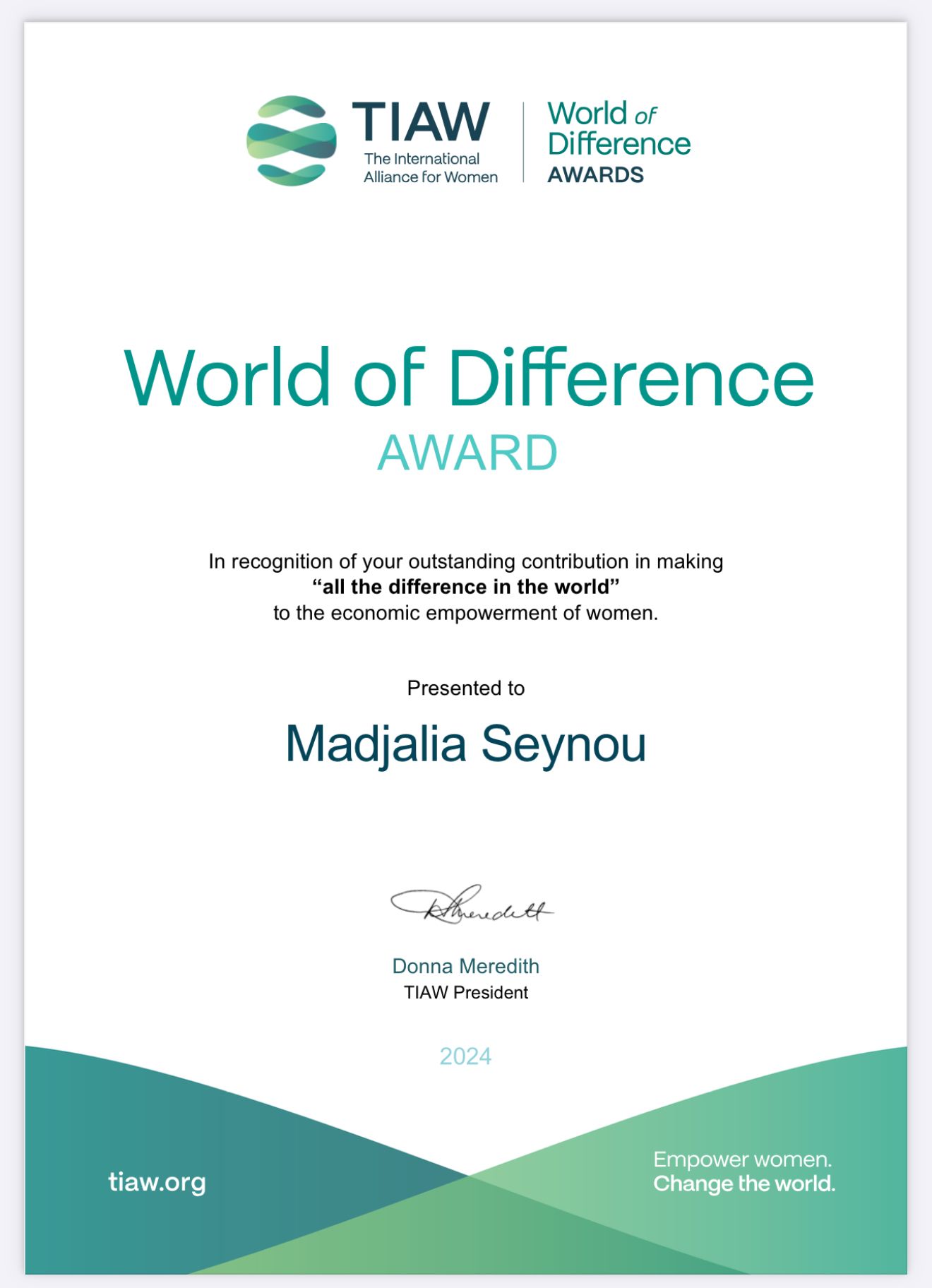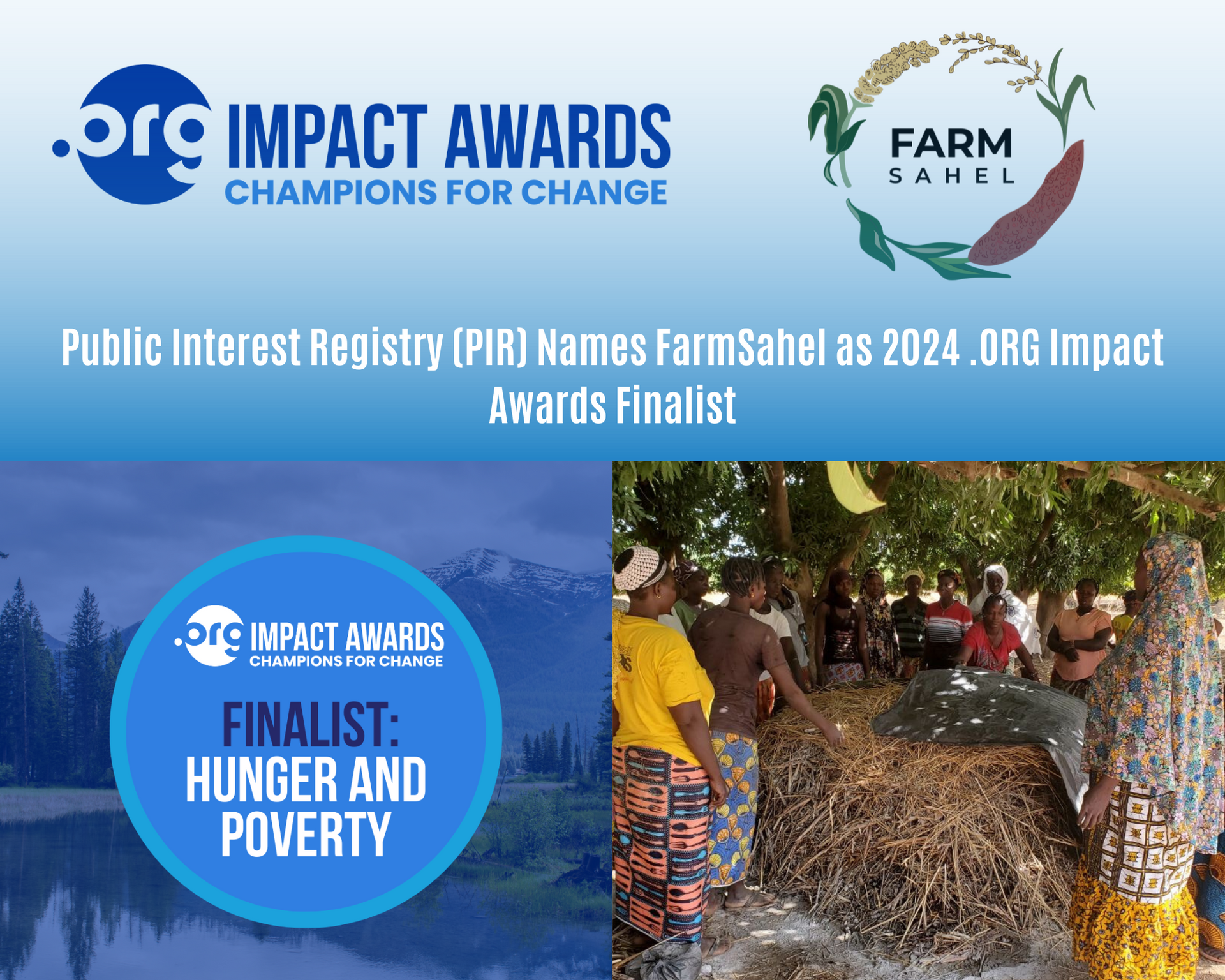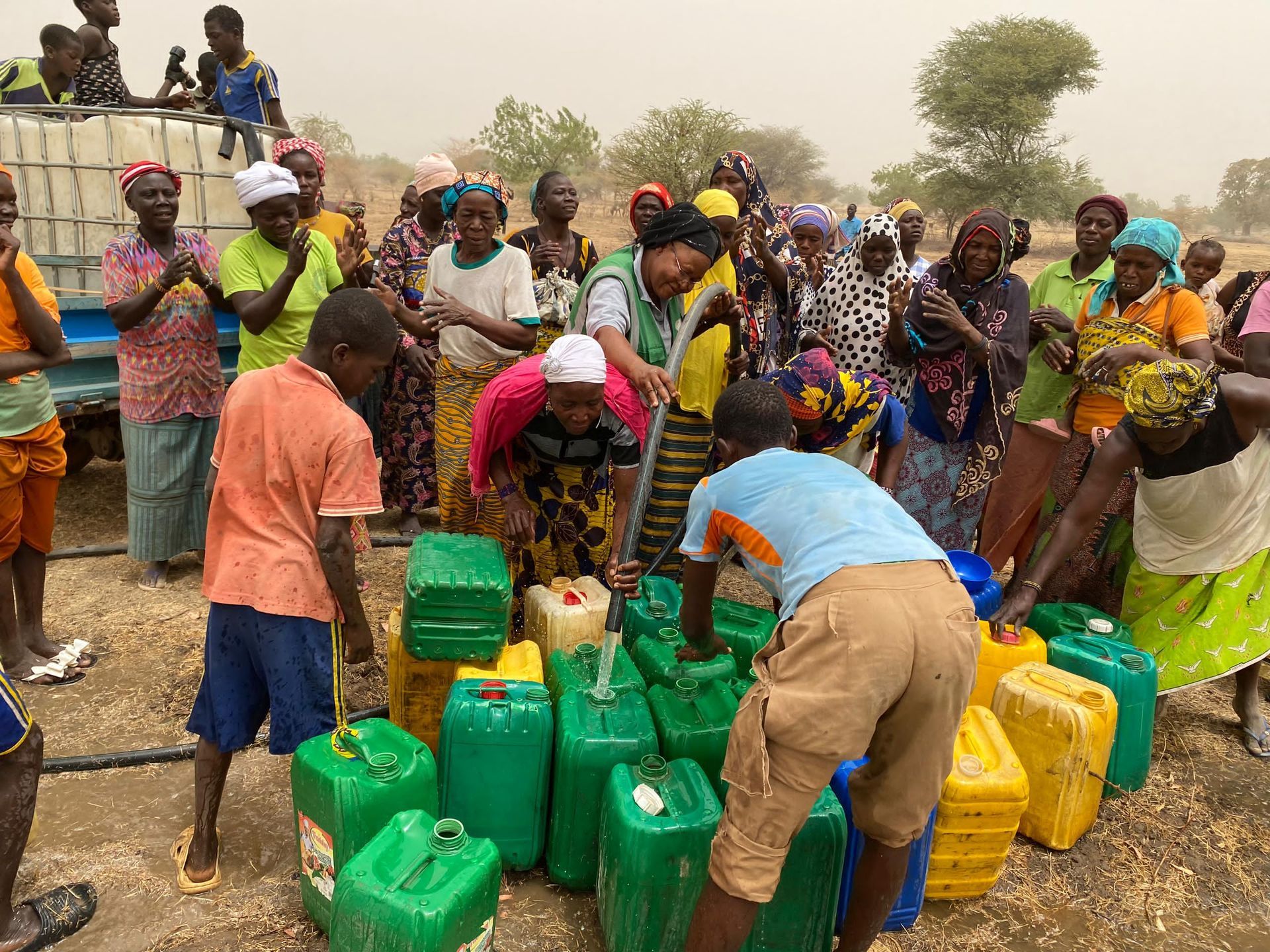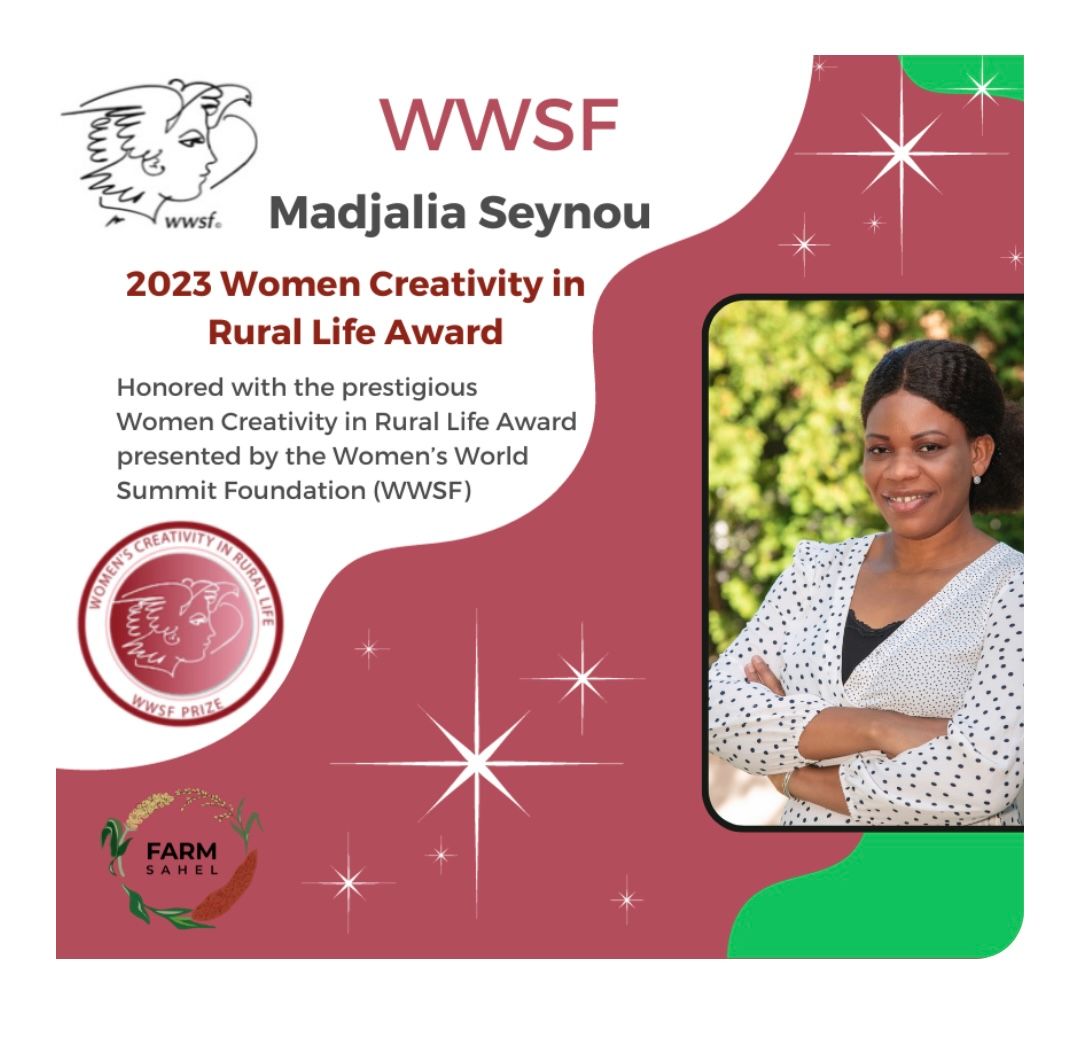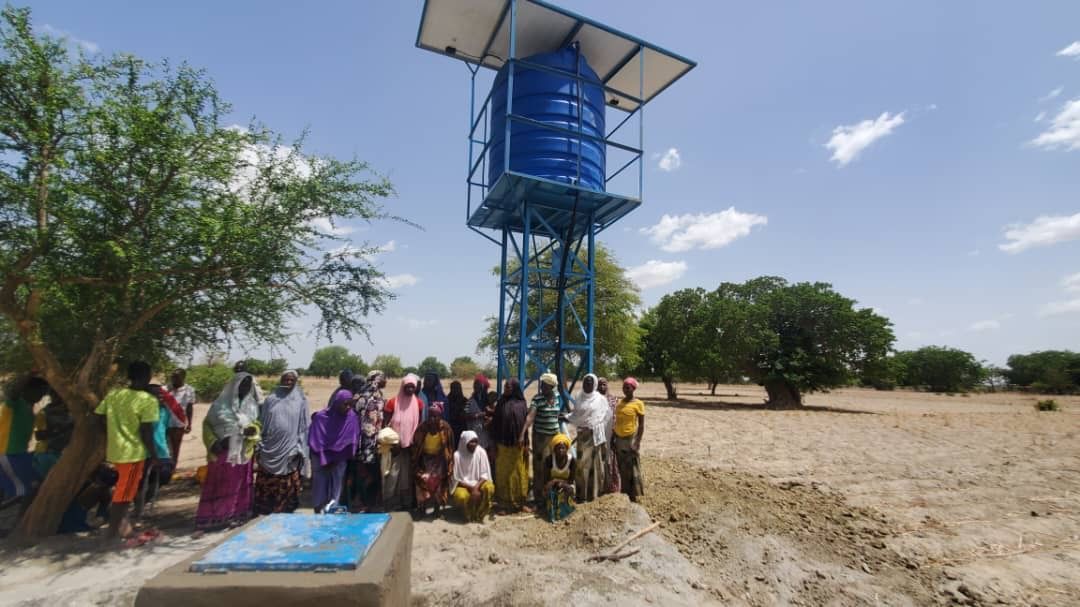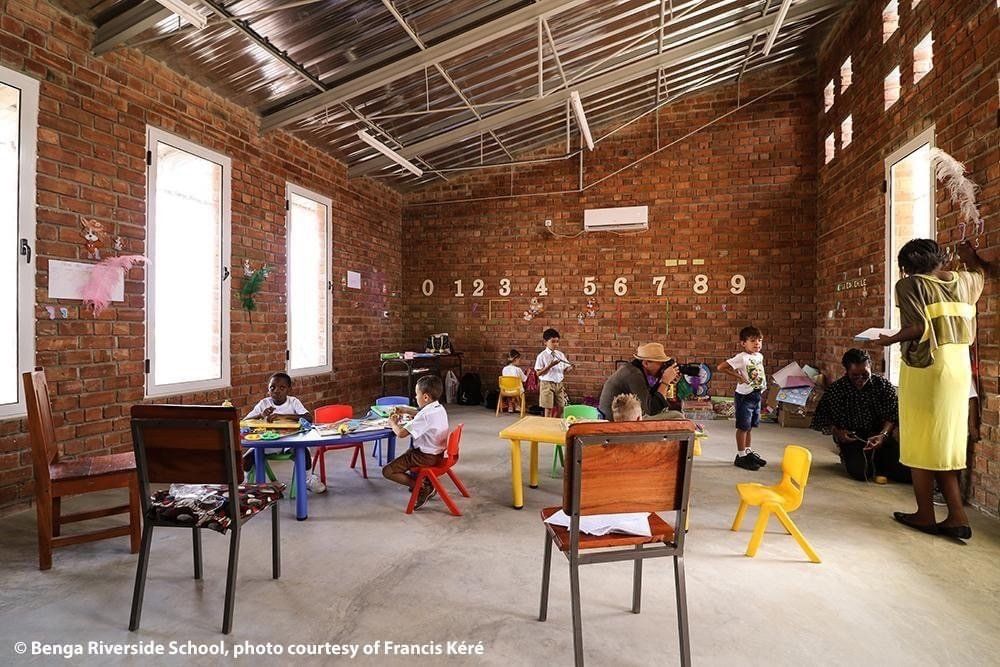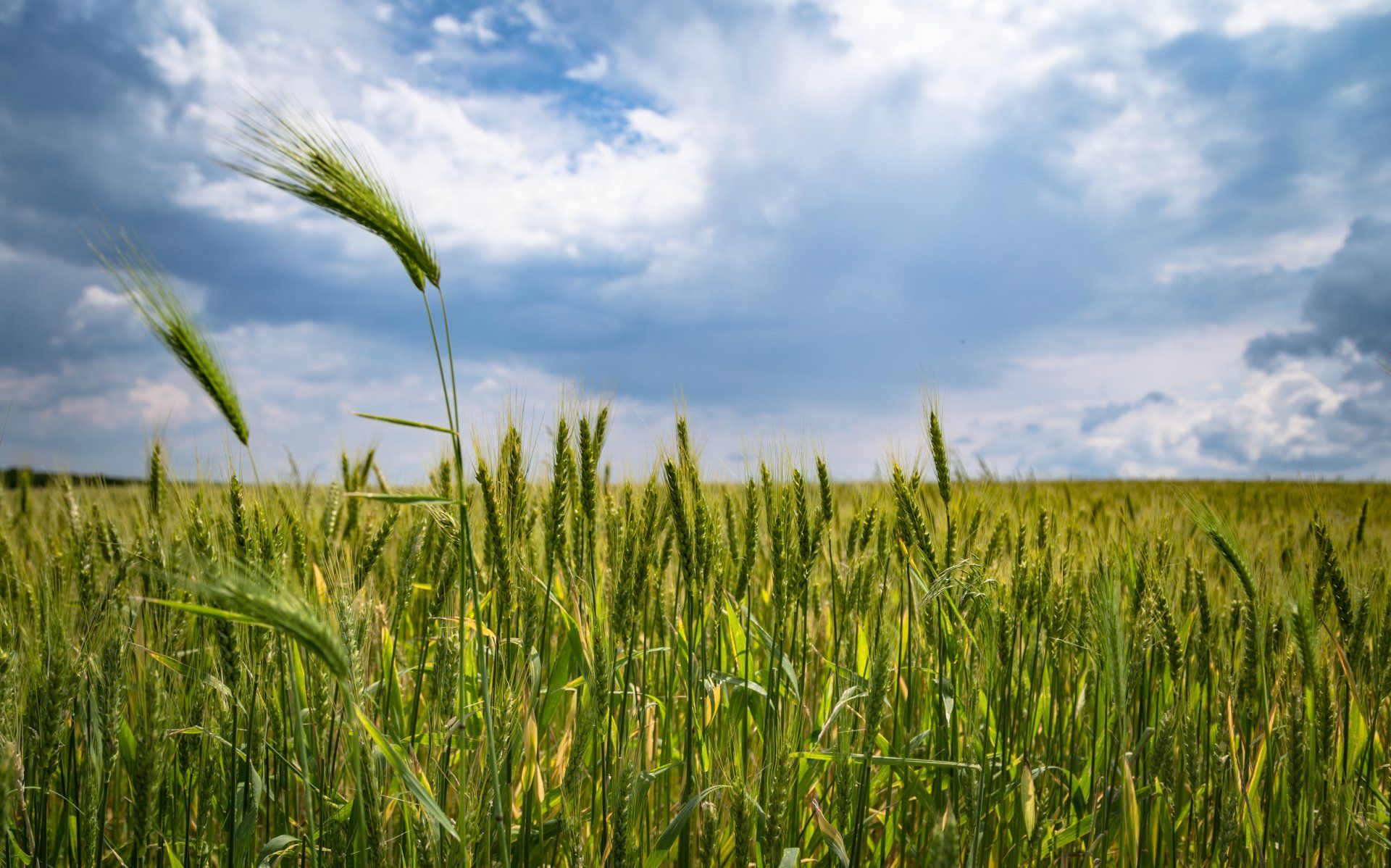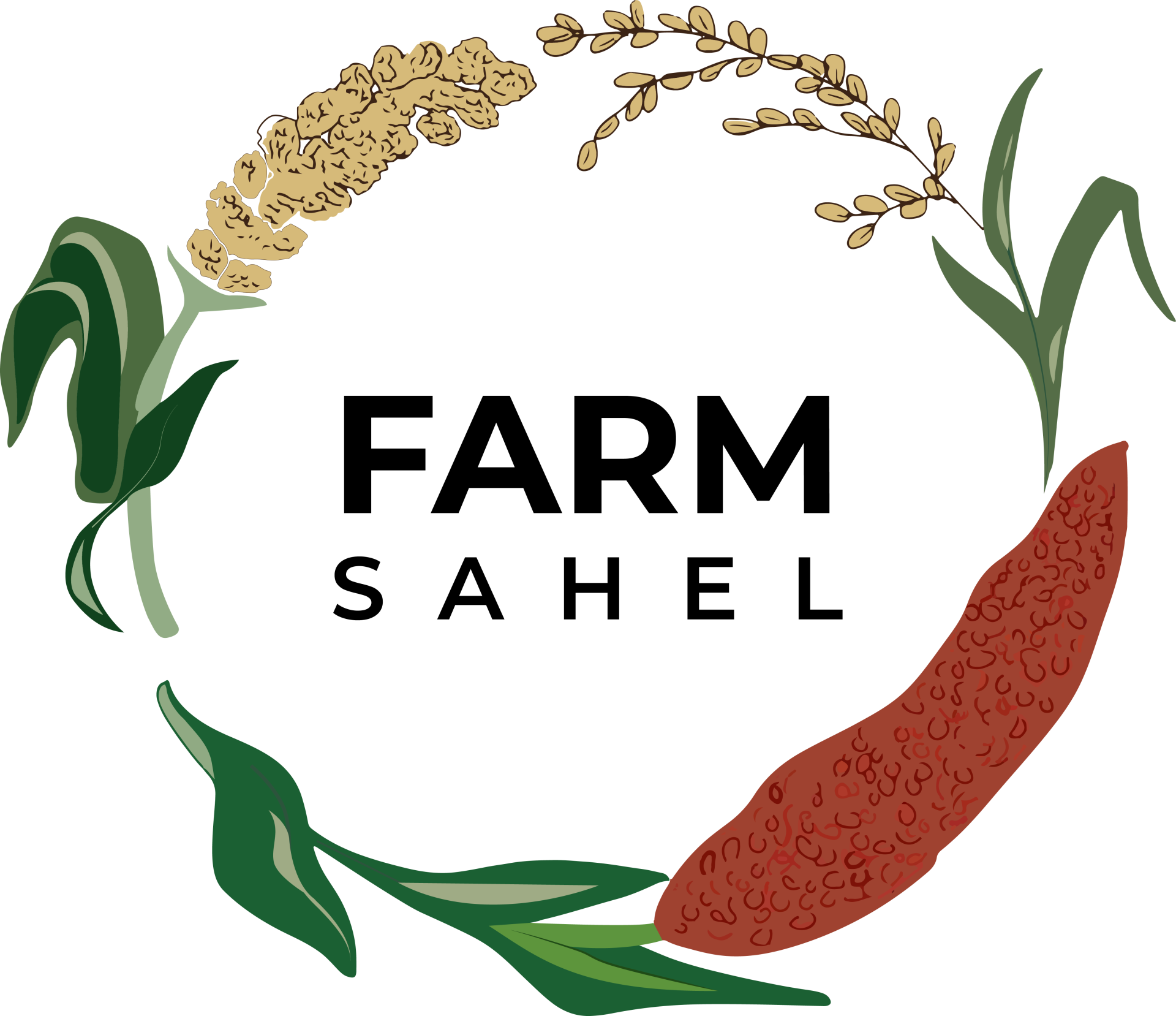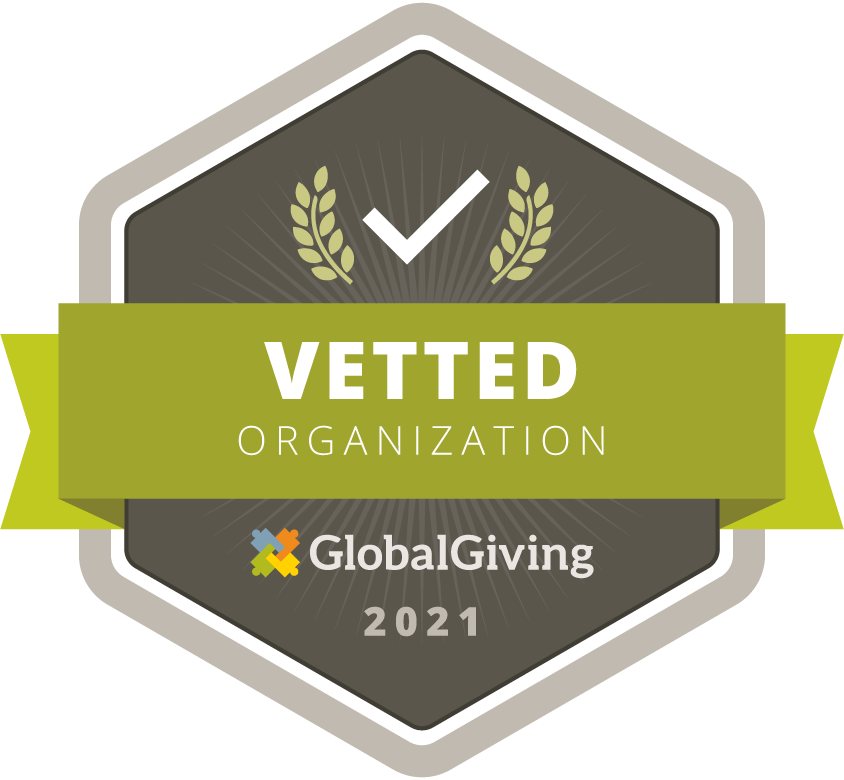The Road to Financial Freedom in Africa
Africa is on the road to becoming a self-sufficient continent through breakthroughs in technology and agriculture. However, any potential obstacles must be analyzed and broken down before African economies suffer any more. From an economic standpoint, there are two major factors that can seriously detriment the financial stability of African nations; import and export tariffs, as well as government intervention. If there are high tariffs on goods produced in already suffering African nations, very much dependent upon foreign expenditure, the economy will undoubtedly become unstable. A lack of government intervention and subsidies can be detrimental to the agricultural communities, which comprise a major portion of African populations. These two pivotal matters- foreign expenditure and government intervention- have the ability to either make or break economies.
Foreign expenditure is crucial to African nations; much of the industries within Africa are rooted in the manufacturing of goods, which are thereafter sold to international companies. In this article, there will be a close focus on the EU: “the largest export and import partner for Africa is the EU- 27 with 31% of exports and 29% of imports” (ec.europa.eu). The EU can be looked at as a source of inspiration for developing countries, as most African countries are actually not required to pay quotes or duties for access to the EU markets. These policies were put into place by the EBA and EPA programs. EPA- Economic Partnership Agreements- were put into place to aid developing countries in Africa, establishing a long-term, stable, and free access to EU markets. The EBA- Everything-But-Arms- “is a one-way EU measure to support trade-driven development of least developed countries” (trade.ec.europa.eu). As the name implies, the EBA allows free exports on all goods except for any arms (weapons). Thus, the issue of import and export tariffs do not seem to be a current problem faced by most African nations. Other countries, such as the United States, have also put into effect policies such as the EBA and EPA. Fortunately, developed nations have taken the proper steps needed to allow Africa to flourish on its own and one day become a major competitor in the international markets.

To become a major competitor in the international markets, African nations must scrutinize the issues back at home. Of the 1.33 billion population, 61% of Sub-Saharan Africans are involved in agriculture directly or indirectly. That being said, farmers invariably control the local economies; if farmers are struggling, the local economies will also struggle. There is a heavy burden placed upon farmers during sowing season, when they already face many losses due to diseases, pests and water shortages. First and foremost, governments can control prices of inflated agricultural goods, such as seeds, fertilizers and insecticides. Governments should make available farmers’ subsidies, which will give farmers more financial security in case of unprecedented losses. “Agricultural input use in SSA is very low by international standards, and the hope is that subsidies may induce farmers to adopt the use of inputs and thereby increase agricultural productivity” (oecd.org). The article, “Agricultural Input Subsidies in Sub-Saharan Africa,” explores the success of agricultural inputs and government interventions that were put into effect in a select amount of African countries. It is necessary to note that agricultural inputs include farming equipment, seeds, fertilizers and other agricultural goods. Three Sub-Saharan nations, Ghana, Zambia and Malawi, saw a notable increase in their output crop yield through government subsidies- however, they did come at a very high cost for governments. The article concluded it would be too difficult to judge if input subsidy programs were a smart investment with the present information. The most viable suggestion to make government subsidies sustainable was voucher programs, allowing private sectors to take a major part in the distribution of subsidies- thus, the financial burden would not be solely upon government budgets.

As aforementioned, Africa’s financial stability and economic sustainability will depend largely upon the successes of foreign expenditure and government intervention. Fortunately, developed areas of the world- such as the EU and the United States- have taken proper measures to ensure that Africa will one day become an enduring competitor in international markets. Although financial freedom will likely not happen overnight, the reduction and elimination of tariffs and quotas have eased the burden upon foreign expenditure and allowed space for growth. Of course, there are other facets of foreign expenditure that Africa must look into- such as the eradication of international monopolies. Government intervention has proven to be a trickier subject, but each nation should strive to have specialized policies to help its farmers through further studies and experiments. As proven, government subsidies did greatly increase crop yield output; with cost effective methods, local economies would greatly benefit from subsidies and intervention. Foreign expenditure and government intervention are essential to the growth and sustainability of African economies- with the continued efforts and innovative methods, Africa will surely cross the finish line to financial stability.
Works Cited
“Africa-EU - International Trade in Goods Statistics.” Eurostats ,ec.europa.eu/eurostat/statistics-explained/index.php/Africa-EU_-_international_trade_in_goods_statistics.
Baltzer, Kenneth, and Henrik Hansen. “Agricultural Input Subsidies in Sub-Saharan Africa.” Danida , 2012, www.oecd.org/derec/49231998.pdf.
“EU Trade Policy and Africa's Exports.” European Commission , trade.ec.europa.eu/doclib/docs/2017/november/tradoc_156399.pdf.
